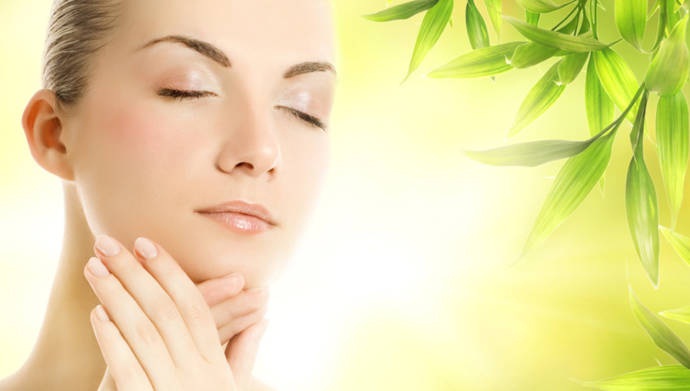Dr. Ameesha Mahajan
The pandemic has taken a toll on all of us physically as well as mentally. But for the people who have suffered from Covid, it is a long road to recovery because it can have long term side effects associated with it. The post-covid period comes with its own set of problems that need to be dealt with. Covid-19 has a lot of skin manifestations like chilblains, urticaria, rashes etc but now we are seeing patients with post-covid complications.
I would like to share some general guidelines about what can be done for post-Covid skin and hair issues.
1. Hairfall: When our body gets Covid or any other severe disease, it gets into a lot of stress that affects our hair. Scientifically we call it Telogen Effluvium, which means that there is excessive shedding of the resting or telogen hair due to some shock to the body. The shedding of hair typically occurs in large clumps and is often more while combing or showering. The symptoms can occur 2-3 months after Covid. It can be very distressing and the period of hair shedding can last 6-9 months. But the good news is that slowly the hair will come back to the growing phase. I recommend avoiding hair oiling during this phase as that can further increase hair fall of the weak roots. Taking hair supplements and applying hair serums with peptides can accelerate the hair growth.
2. Extreme Dryness: Experiencing extreme dryness post Covid is very common. The skin can feel rough and may even peel off. Make sure to use a gentle soap/cleanser followed by thick moisturising creams at least 2-3 times a day to relieve the symptoms. Dry skin can also get very itchy but the best treatment remains the use of thick creams followed by oil application to seal in the moisture. Stay away from anti-bacterial soaps and cleansers as they can be very harsh to the skin.
3. Flaring Up of Acne/Rosacea: It is common for you to see flaring up of acne or rosacea post-Covid. It is best to get back to your anti-acne medication once your symptoms are better. If possible, it is best to continue with the anti-acne medications that you apply topically even though you will be skipping your anti-acne medications that you take orally.
4. Darkening of the Skin Tone: It is a common side effect post viral infections and usually subsides on its own. Use of moisturiser and mild depigmenting creams can help in improving the skin tone faster. But overall, the immediate darkening will improve on its own within days to months. Taking foods rich in antioxidants and skin supplements also helps. Severe pigmentation can be related to medicines used in COVID and should be treated under a dermatologists guidance.
(Dr. Ameesha Mahajan is Founder RM Aesthetics, Celebrity Dermatologist & Botox Specialist)

